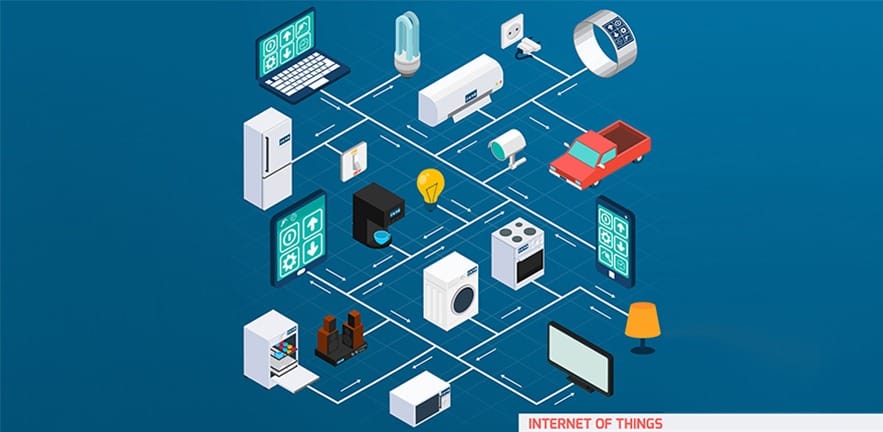The ‘Internet of Things’ needs to be better managed from an ethical standpoint, says article in European Business Review co-authored by Professor David De Cremer of Cambridge Judge.
The “Internet of Things” (IoT) that collects reams of information about everyday events and transactions needs to be better managed from an ethical standpoint in order to build consumer trust, says an article in the new issue of European Business Review co-authored by Professor David De Cremer of Cambridge Judge Business School.
“The increased connectivity of devices leads to increased security threats and should thus be managed properly by the IoT industry. But, is it? We fear it is not,” says the 20 January article entitled “The fairness challenge of the internet of things.”

While the IoT can bring big benefits in areas like healthcare information for individuals and inventory control for businesses, so far there has been far too little focus on the ethical issues associated with the collection of mass amounts of data from interconnected devices, systems and services.
“This unfortunate lack of attention to the integrity aspect of the business is further enhanced by the belief that IoT will enhance the firms’ competitive behaviour,” says the article co-authored by Bang Nguyen, Associate Professor of Marketing at the East China University of Science and Technology in Shanghai, and by Professor David De Cremer, KPMG Professor of Management Studies at Cambridge Judge Business School.
The authors urge that IoT firms ensure a fair and trustworthy relationship with customers by following a few simple steps.
- Monitor all customer and stakeholder touch-points to ensure that all relationships are managed to benefit all parties.
- Establish clear guidelines against privacy invasion and information misuse.
- Make customers feel respected and valued.
- Establish transparent communication systems and procedures, because interaction is important in maintaining fairness.
“In addition, providing a certain degree of control to customers helps to reduce perceptions of unfairness,” the article says. “The IoT is about long-term relationships and the challenge lies in building relationships within the IoT network where all parties feel fairly treated.” This will also help minimise the negative impact when unfair situations do occur.


